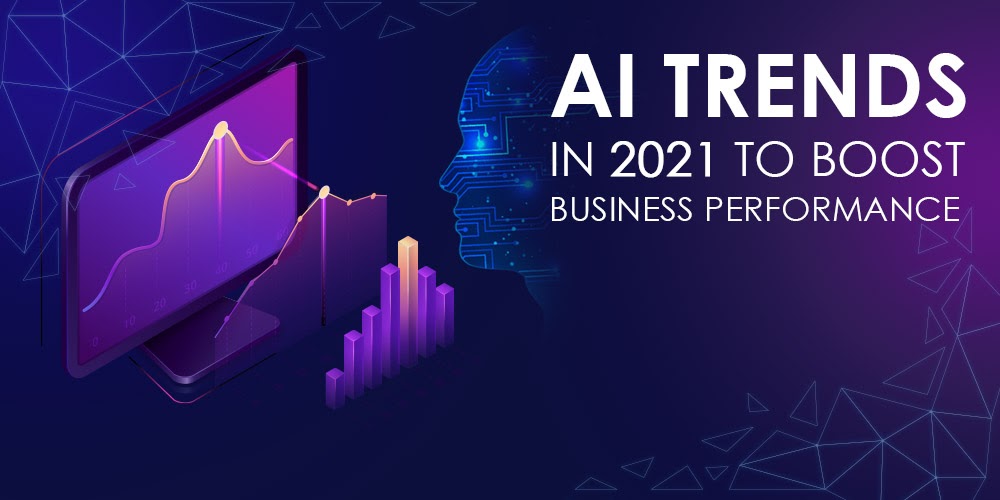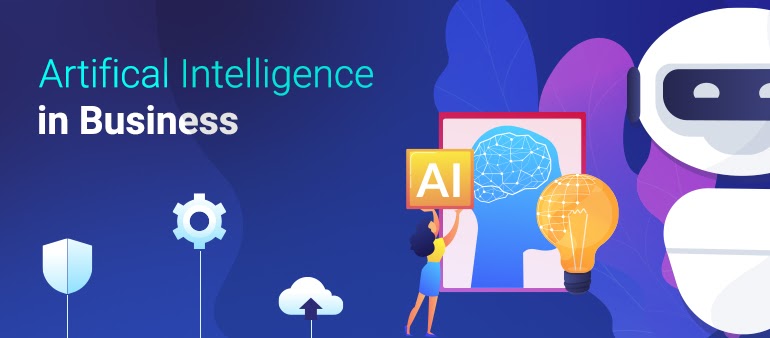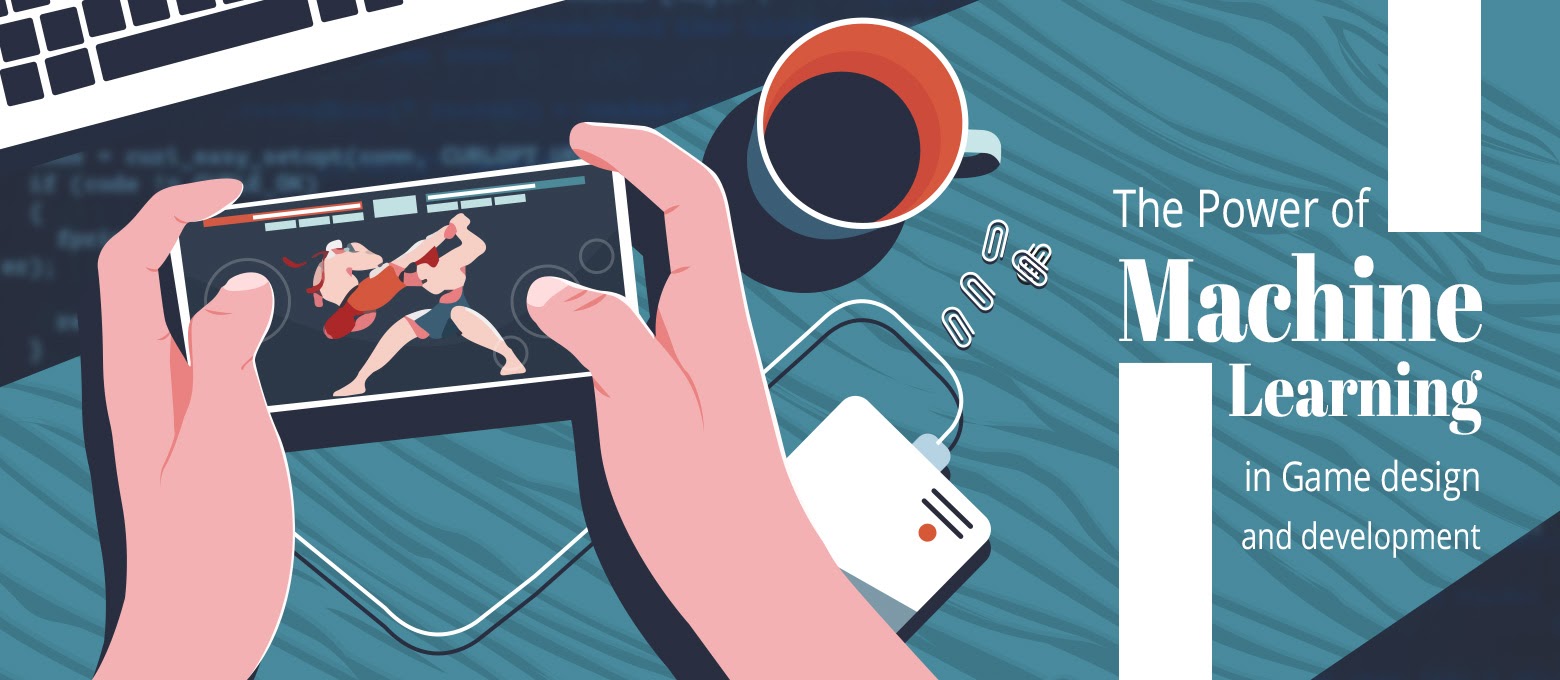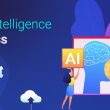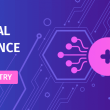It was back in the 1950s when a group of experts from different arenas came together to discuss the possibility of developing an artificial brain. Then again in the mid 1950s, John McCarthy coined the term “Artificial Intelligence” during a summer conference at the Dartmouth college. Since then, with every passing decade, there were innovations and observations in the field of AI that assured the future of AI to be promising and evolved. It was in the 1900s when many computer scientists around the world dwelled into research based findings in AI and this technology took its first big step towards advancement. What was once just a mere theory, now became the crux around technology and innovation.
Eighty-four percent of the respondents indicated that AI would allow their organizations to gain or sustain a competitive advantage over their rivals.
(Source: Statista)
There’s tonnes of data generated everyday of our lives and more often than not businesses know the importance of using this data to their advantage. And, it is technologies like Artificial Intelligence that help them do that. Having said that, AI trends and solutions are taking customer experience to another level with chatbots, digital assistants, facial recognition, biometric scanners, and more. It is helping companies draw insights from the large amount of data available and is making business intelligent. And by business intelligence, it means improving the effectiveness of marketing, understanding customers better, creating personalized experiences, and developing business strategies to help corporate decision making and leverage artificial intelligence in business management.
2020: The year of AI Trends and digital transformation
2020 was the year that saw a pronounced digital transformation with unfortunately COVID-19 kicking into our lives and the lockdown that followed. Businesses, work and people were facing challenges on many fronts and to overcome those issues, they couldn’t help but resort to technologies and digital solutions. During the times of crisis, when it became hard for us to look at the positives of any of it that was happening around, some industries managed to skyrocket at the progress level. Those being ecommerce, delivery services, gaming companies, fitness equipment companies, telehealth services, online tutoring services, tech companies, and more. And, we wonder how that was possible for them? Well, for some it happened by either going digital and for others, it happened because they were already working digitally. Believe it or not, a lot of that had to do with the AI trends and AI-powered solutions. Artificial intelligence and telecommunications helped some businesses stay afloat, and others do quite well for themselves.
AI is expanding dramatically and the approach to it being used has interestingly become disparate and innovative. Considering all of that, I am assuming that 2021 will be a good year for Artificial Intelligence and Machine learning. However, let’s take a look at a few AI trends that will contribute to boosting a businesses overall performance in 2021.
AI-infused automation (IPA and RPA) of business processes
For those of you who are unfamiliar with the acronym, IPA is Intelligent process automation and RPA stands for robotic process automation. These technologies were introduced for businesses looking to automate processes which means optimizing the processes but at the same time ensuring that the functioning is carried out efficiently. They support automation of various processes at reduced costs and time without compromising on quality while making the automation intelligent. But at the same time, RPA only works with structured data and it is artificial intelligence that provides RPA with validated and structured data. AI through intelligent processing and by using natural language processing converts unstructured or semi-structured data into a relevant form for RPA to further work on it.
AI-powered cybersecurity
AI is growing and in 2021 we will be witnessing it fight cyber crime, data breach, hacking, and phishing attacks. Hence, more and more companies are inclined to invest in AI to take a step towards ensuring cyber security as they expect AI to enhance cybersecurity measures and prevent it. AI uses AIOps to monitor and manage hybrid and distributed IT environments and help IT professionals work smarter, faster, and better. Especially during these times, when most of the employees are working from home on unsecured devices, big companies like IPM, HPE (Hewlett Packard Enterprise), and more are working on making their AIOps program improved and stronger. Not just that, but these efforts are also helping these companies make headlines by reducing the resolution time, increasing the resolution rate of their AIOps programs. It is clear that there are heavy investments being made in this area, keeping the better in mind.
AI-driven IoT (AIoT - Artificial Intelligence of Things)
The change in the way businesses, industries, and economies function is quite evident. And, technologies like Artificial intelligence, Internet of Things, Cloud computing are the major cause for all of this happening and if this continues, businesses will see growth even in these times of uncertainties. Nevertheless, it won’t be wrong to say that IoT and AI mutually benefit one another. If it is IoT that lays the foundation for AI to be more impactful, then AI is not far away in returning back the favour. AI helps IoT create intelligent machines that induce smart behaviour and helps in intelligent decisions with little or no human interference. Other than that, AI empowers IoT by offering programmable AI operating systems that allows devices to learn, reason, and process information like humans. There are four major divisions where they are making an influence and those are Wearables, Smart Home, Smart City and Smart Industry. Researchers and AI developers are becoming innovative and are introducing new applications which just speaks volume of the potential this duo holds.
You may also read: Roles and uses of AI wearables in healthcare industry
AI-enabled chips
AI chips are setting a new trend in the world of technology as they add value to businesses by boosting the performance of AI applications. They are known for their intense processing capabilities and speed and these traits are being used by big companies to their full advantage.
According to a recent report published by Allied Market Research, titled,"Artificial Intelligence Chip Market by Chip Type, Application, Technology, Processing Type, and Industry Vertical: Global Opportunity Analysis and Industry Forecast, 2018 - 2025," the global artificial intelligence chip market size was valued at $6,638.0 million in 2018, and is projected to reach $91,185.1 million by 2025, growing at a CAGR of 45.2% from 2019 to 2025. (Source: Allied Market Research) This statistic makes one thing very clear that companies are investing a huge sum on AI chips, a few to mention are BMW and Microsoft.
Out of the many capabilities of Machine learning, a few are language translation, facial recognition, and detection. Likewise, there are several applications of AI that I mentioned earlier. What AI chips do here is make all the AI and ML processes faster, better, flexible with less power consumption. A reason big enough for companies to adopt it.
AI runs on data, computing power, and algorithms. Anybody who is interested in understanding its capability and potential should be well conversant with the trio. Nevertheless, Logic Simplified is an artificial intelligence development company that understands the scope of AI in gaming business and the role of AI apps in small businesses as well as big. WIth that in mind, they offer state-of-the-art quality services and solutions that will help you scale your business growth with impactful AI integration. For more information get in touch with us or email at enquiry@logicsimplified.com
 Get a Quote
Get a Quote

